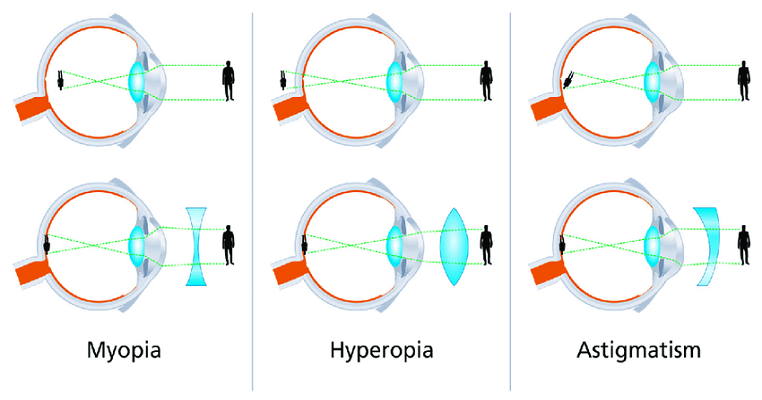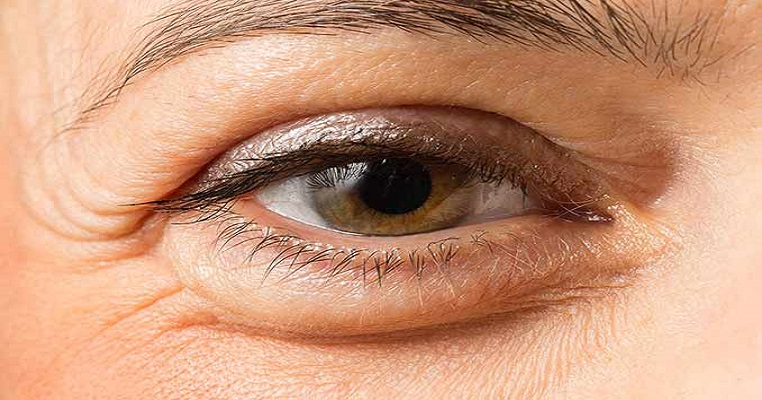GLAUCOMA
Glaucoma is a group of eye diseases that can cause permanent damage to the optic nerve and lead to vision loss and blindness. It is often referred to as the “silent thief of sight” because there are usually no early warning signs or symptoms, and vision loss occurs gradually over time. In fact, by the time a person begins to experience vision problems, the damage to the optic nerve is often irreversible.
There are several different types of glaucoma, but the most common is primary open-angle glaucoma (POAG). POAG occurs when the fluid pressure inside the eye, known as intraocular pressure (IOP), rises and damages the optic nerve. This damage can lead to vision loss, starting with peripheral vision and eventually affecting central vision as well.
Risk factors for developing glaucoma include age (it is more common in people over 60), a family history of the disease, a thin cornea, myopia, high IOP, and certain medical conditions such as diabetes and high blood pressure. People of African descent are also at a higher risk for developing glaucoma.
There is currently no cure for glaucoma, but early detection and treatment can slow or prevent vision loss. Regular comprehensive eye exams, which include measuring IOP and checking for signs of optic nerve damage, are essential for early detection. If glaucoma is detected early, it can often be managed with prescription eye drops, laser therapy, or surgery.
It is important to understand that vision loss from glaucoma is usually permanent and cannot be restored. That is why it is so crucial to have regular eye exams and to seek treatment as soon as possible if you have risk factors for the disease.
If you have a family history of glaucoma or are over 60, it is especially important to have regular eye exams and to talk to your eye doctor about your risk for the disease. If you are experiencing any vision problems, don’t delay in seeking a comprehensive eye exam.
In conclusion, glaucoma is a serious and potentially blinding disease, but early detection and treatment can help slow or prevent vision loss. Regular comprehensive eye exams are the key to early detection and effective management of the disease. Don’t let glaucoma steal your vision, protect your vision and schedule an eye exam today.






